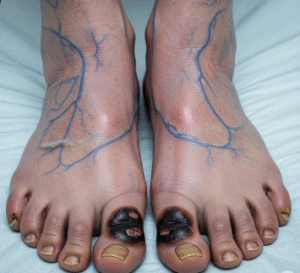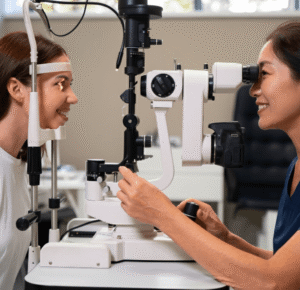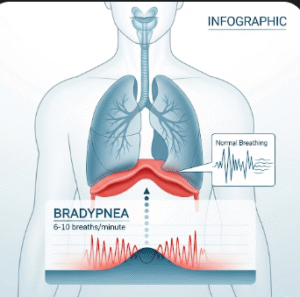Overview
Thyroid cancer is a malignant growth that originates in the thyroid gland, a small butterfly-shaped gland located at the base of the neck. While it is one of the most common endocrine cancers, it is also among the most treatable when detected early. South Korea is known for its advanced diagnostic capabilities, particularly through high-resolution ultrasound, and its world-class treatment facilities offering surgery, targeted therapies, and radioactive iodine treatment with excellent survival outcomes.
What is Thyroid Cancer?
Thyroid cancer occurs when abnormal cells in the thyroid gland begin to multiply uncontrollably, forming a tumor. Depending on the type, it can grow slowly or spread quickly to other parts of the body. There are several types, including papillary, follicular, medullary, and anaplastic thyroid cancers.
Symptoms
- A lump or swelling in the neck
- Persistent hoarseness or voice changes
- Difficulty swallowing
- Neck or throat pain
- Swollen lymph nodes in the neck
- Breathing difficulties in advanced stages
Causes
- Genetic mutations affecting thyroid cell growth
- Exposure to high levels of radiation
- Inherited genetic syndromes
- Unknown environmental or lifestyle factors in some cases
Risk Factors
- Female gender (higher prevalence)
- Age between 25 and 65 years
- Family history of thyroid disease or cancer
- History of radiation exposure to the head or neck
- Certain inherited conditions (e.g., multiple endocrine neoplasia type 2)
Complications
If untreated, thyroid cancer can spread (metastasize) to lymph nodes, lungs, or bones. Advanced cases may cause difficulty breathing, swallowing, or speaking, and can become life-threatening.
Prevention
- Avoid unnecessary radiation exposure, especially to the neck
- Maintain a balanced diet with adequate iodine intake
- Get regular health check-ups, especially if at high risk
- Genetic counseling for families with inherited risk factors
Treatment Options in Korea
Diagnosis
- Neck ultrasound for early detection
- Fine-needle aspiration biopsy to confirm malignancy
- Blood tests for thyroid function and tumor markers
- CT or MRI scans to assess spread
Medical Treatments
- Radioactive iodine therapy to destroy remaining cancer cells after surgery
- Hormone replacement therapy to suppress tumor growth
- Targeted drug therapy for advanced or aggressive cases
Surgical or Advanced Therapies
- Total or partial thyroidectomy (removal of thyroid gland)
- Minimally invasive endoscopic or robotic thyroid surgery for reduced scarring
- Lymph node dissection if cancer has spread
Rehabilitation and Support
- Regular follow-up with imaging and blood tests
- Voice therapy if vocal cords are affected
- Nutritional guidance for hormone balance
- Psychological counseling and cancer survivor support groups
Top Hospitals or Clinics in Korea
- Seoul National University Hospital – Thyroid Cancer Center
- Samsung Medical Center – Endocrine and Thyroid Surgery Unit
- Asan Medical Center – Oncology and Endocrinology Department
- Yonsei Severance Hospital – Robotic and Minimally Invasive Surgery Center













